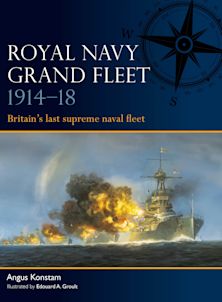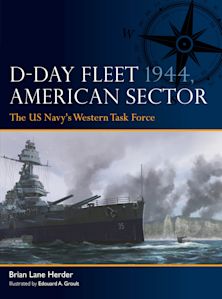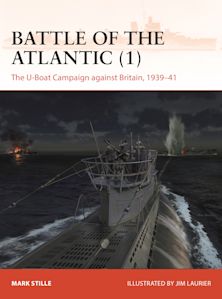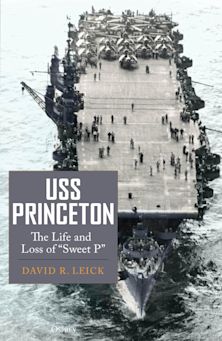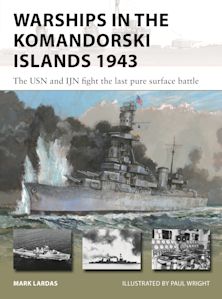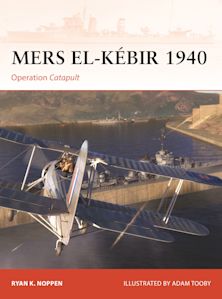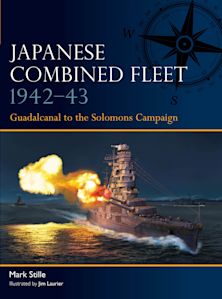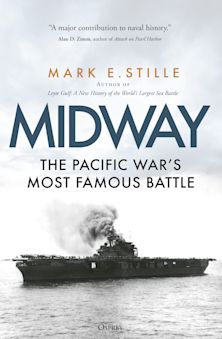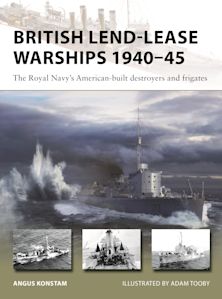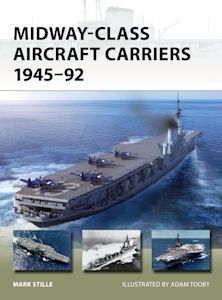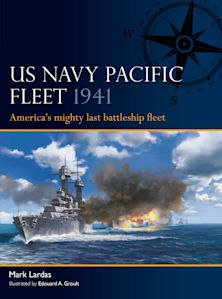Imperial Japanese Navy Destroyers 1919–45 (2)
Asashio to Tachibana Classes
Imperial Japanese Navy Destroyers 1919–45 (2)
Asashio to Tachibana Classes
Description
During the Pacific War, at Java Sea, Coral Sea, Midway, Guadalcanal, throughout the Solomons, Marianas, Leyte Gulf, Iwo Jima, and Okinawa campaigns, destroyers were the backbone of every fleet.
Arguably the most successful component of the Imperial Japanese Fleet was its destroyer force. These ships were generally larger than their Allied counterparts and were better armed in most cases. Armed with a large, long-range torpedo (eventually called Long Lance by the Allies), these ships proved themselves as formidable opponents. In the first part of the war, Japanese destroyers were instrumental in an unbroken string of Japanese victories. However, it was not until the Guadalcanal campaign that these ships fully demonstrated their power. In a series of night actions, these ships devastated Allied task forces with a number of daring night attacks using their deadly torpedoes.
Imperial Japanese Navy Destroyers details the history, weapons and tactics of the Japanese destroyers built just before the war and throughout the war. This includes the famous Kagero and Yugumo classes. These were the classes which provided the bulk of the most modern Japanese destroyers and which were employed in battlefields all over the Pacific and became feared opponents. These designs led to the large Akitsuki class antiaircraft destroyers designed and built to screen fleet units from air attack. Also included in this volume will be the experimental destroyer Shimakaze with her almost 40 knot top speed and heavy torpedo armament of 15 tubes. The last class to be covered will be the Matsu class which was the Japanese equivalent to an Allied destroyer escort. These ships were designed to be built quickly and cheaply, but proved to be very tough ships in combat.
An analysis of destroyer designs includes an examination of their strengths and weaknesses and the success (or lack of success) as compared to comparable Allied destroyer designs.
Table of Contents
Japanese naval strategy and the role of the destroyer
Japanese destroyer tactics
Japanese destroyer design principles
Japanese destroyer weapons
Japanese destroyer radar
Asashio class
Kagero class
Yugumo class
Akitsuki class
Shimakaze class
Matsu class
Analysis and conclusion
Bibliography
Index
Product details
| Published | Sep 17 2013 |
|---|---|
| Format | Paperback |
| Edition | 1st |
| Extent | 48 |
| ISBN | 9781849089876 |
| Imprint | Osprey Publishing |
| Illustrations | 41 b/w |
| Dimensions | 10 x 7 inches |
| Series | New Vanguard |
| Short code | NVG 202 |
| Publisher | Bloomsbury Publishing |
Reviews

Resources
Discover More
Visit our exclusive member's website to see artwork, maps, and more from this book.

Resources
Book Vote
Tell us what titles you would like to see published by Osprey, then vote for your favourites in our monthly book vote!
















